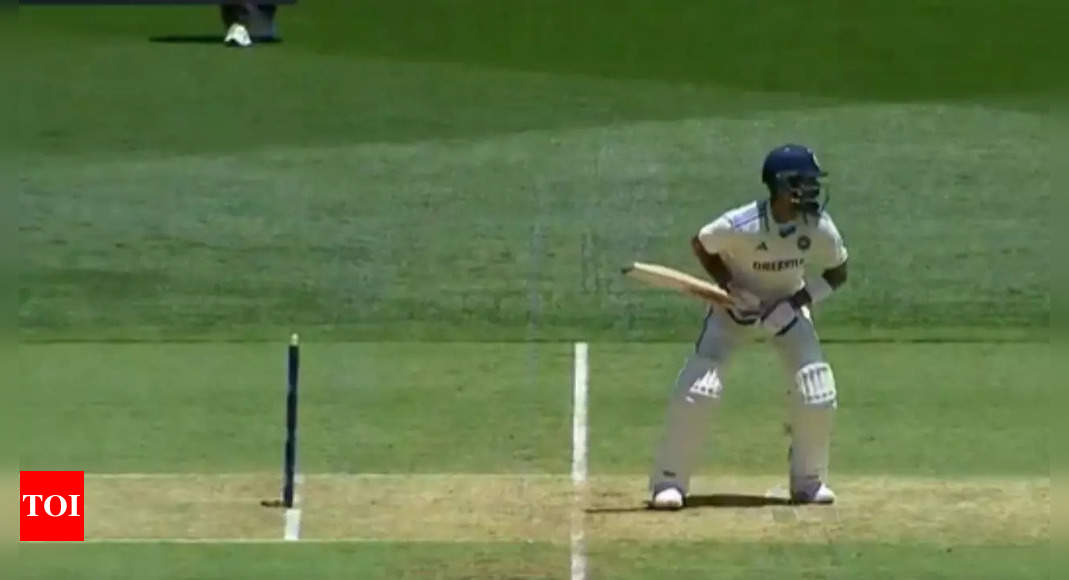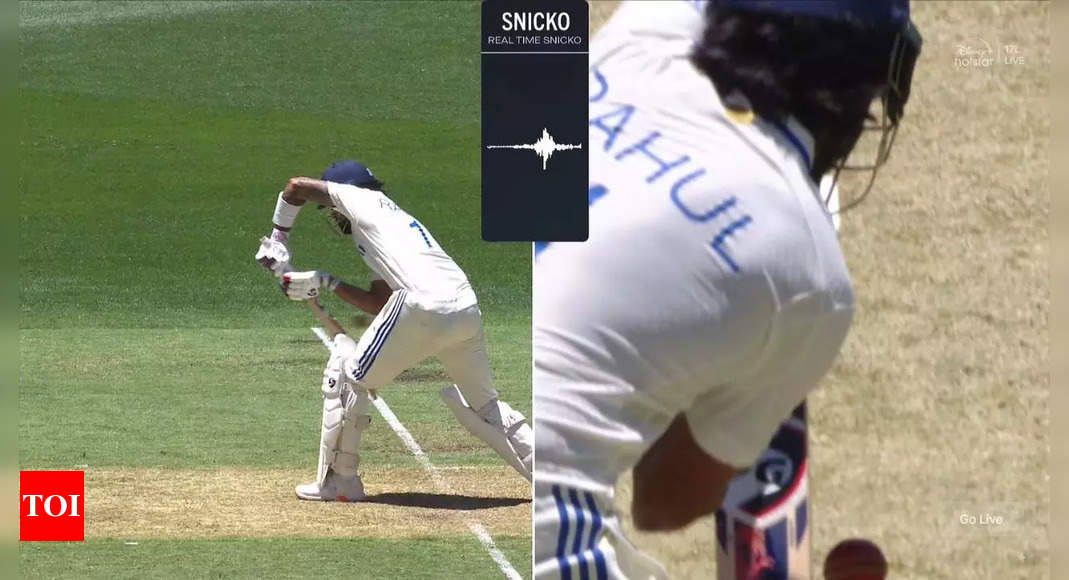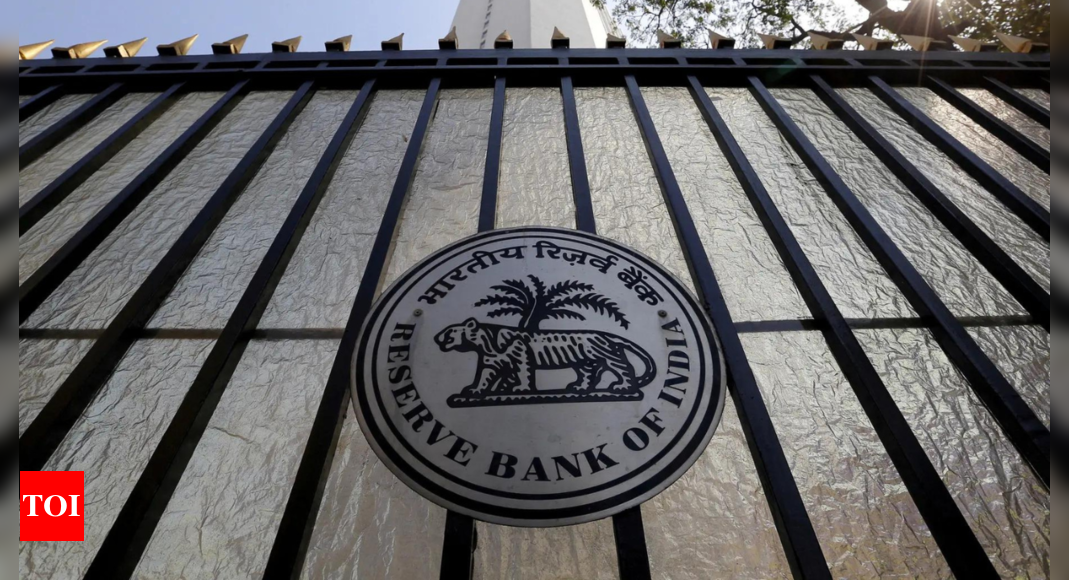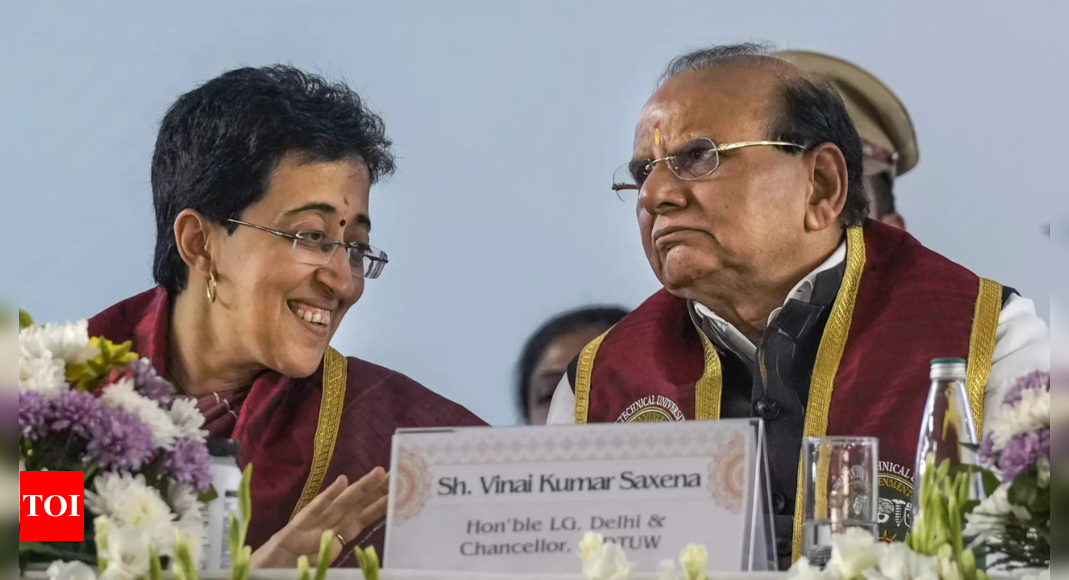Algerian boxer Imane Khelif, who failed a gender eligibility test last year, pummelled her Italian opponent in 46 seconds at the Paris Olympics on Thursday as the controversy threatened to overshadow the sixth day of the Games. It will also renew the debate about the inclusion of competitors in other sports at the Olympics and beyond who have undergone similar eligibility testing. A distraught and hurt Angela Carini shrugged off attempts by Khelif to shake her hand afterwards and the Italian collapsed to her knees and sobbed uncontrollably in the middle of the ring.
Khelif advanced to the quarter-finals of the women’s 66kg category after unloading two strong punches on Carini, who had blood on her shorts and was unable to carry on because of a badly hurt nose.
The one-sided bout sparked an immediate reaction from Italian Prime Minister Giorgia Meloni, who said the fight was “not on an equal footing”.
“I have a big pain in my nose and I said, ‘Stop’. It’s better to avoid keeping going. My nose started dripping (with blood) from the first hit,” said the distressed Carini, who also broke down in tears when talking to reporters.
The 25-year-old sobbed: “I fought very often in the national team. I train with my brother. I’ve always fought against men, but I felt too much pain today.”
Khelif and Taiwan’s Lin Yu-ting, who fights on Friday at 57kg, were disqualified from the world championships last year but deemed eligible to box in the women’s competition in Paris.
The IOC website for accredited media in Paris said that the 25-year-old Khelif was disqualified after “elevated levels of testosterone failed to meet the eligibility criteria”.
Both boxed in the women’s event at the Tokyo Olympics three years ago.
“I do not agree with the IOC,” said Meloni, during a meeting with Italian athletes in Paris.
“I think that athletes who have male genetic characteristics should not be admitted to women’s competitions.”
Reem Alsalem, the UN special rapporteur on violence against women and girls, wrote on X that Carini “and other female athletes should not have been exposed to this physical and psychological violence based on their sex”.
Khelif and Lin were disqualified from the 2023 world championships in New Delhi, which was run by the International Boxing Association (IBA).
Lin was stripped of her bronze medal after undergoing “biochemical” tests mandated by the IBA.
However, the International Olympic Committee is running the boxing in the French capital because of governance, financial and ethical issues at the IBA.
IOC spokesman Mark Adams told reporters this week: “Everyone competing in the women’s category… is complying with competition eligibility rules.
“They are women in their passports and it’s stated in there that they are female.”
‘Lies’
Khelif was given a huge roar when she came into the North Paris Arena, where there were numerous Algeria fans with the country’s flag.
Before and during the very brief bout they chanted her name, but the action itself was over in a flash.
Khelif stopped only briefly to talk to reporters afterwards, saying: “It’s always satisfying to win in such an important competition, but I remain focused on my goal of a medal.”
Algeria and Taiwan sprang to the defence of their boxers.
Taiwan President Lai Ching-te gave the 28-year-old Lin his public backing.
“Yu-ting’s performances have inspired many Taiwanese players and united Taiwanese people,” he wrote on Facebook.
“Now that she is once again on the international stage, we should stand united and cheer for her.”
Algeria’s Olympic Committee (COA) condemned what it called “malicious and unethical attacks directed against our distinguished athlete, Imane Khelif, by certain foreign media”.
The COA hit out at “lies” that were “completely unfair”.
At least one woman boxer at the Games has spoken out about her concerns.
Australia’s Caitlin Parker is in the 75kg weight class so will not face Khelif or Lin, but she made her stance on the controversy clear.
“I don’t agree with that being allowed, especially in combat sports as it can be incredibly dangerous,” she said.
(Except for the headline, this story has not been edited by NDTV staff and is published from a syndicated feed.)
Topics mentioned in this article







